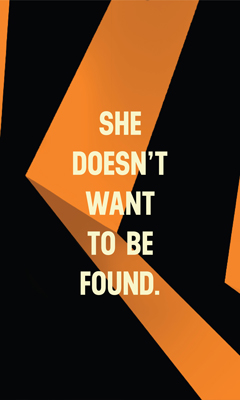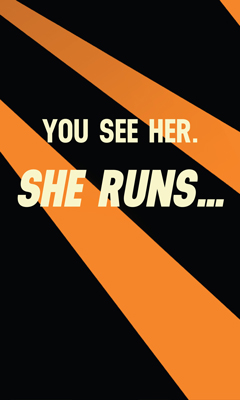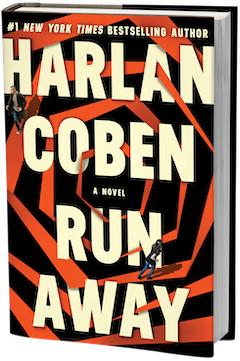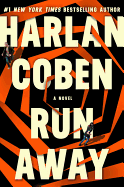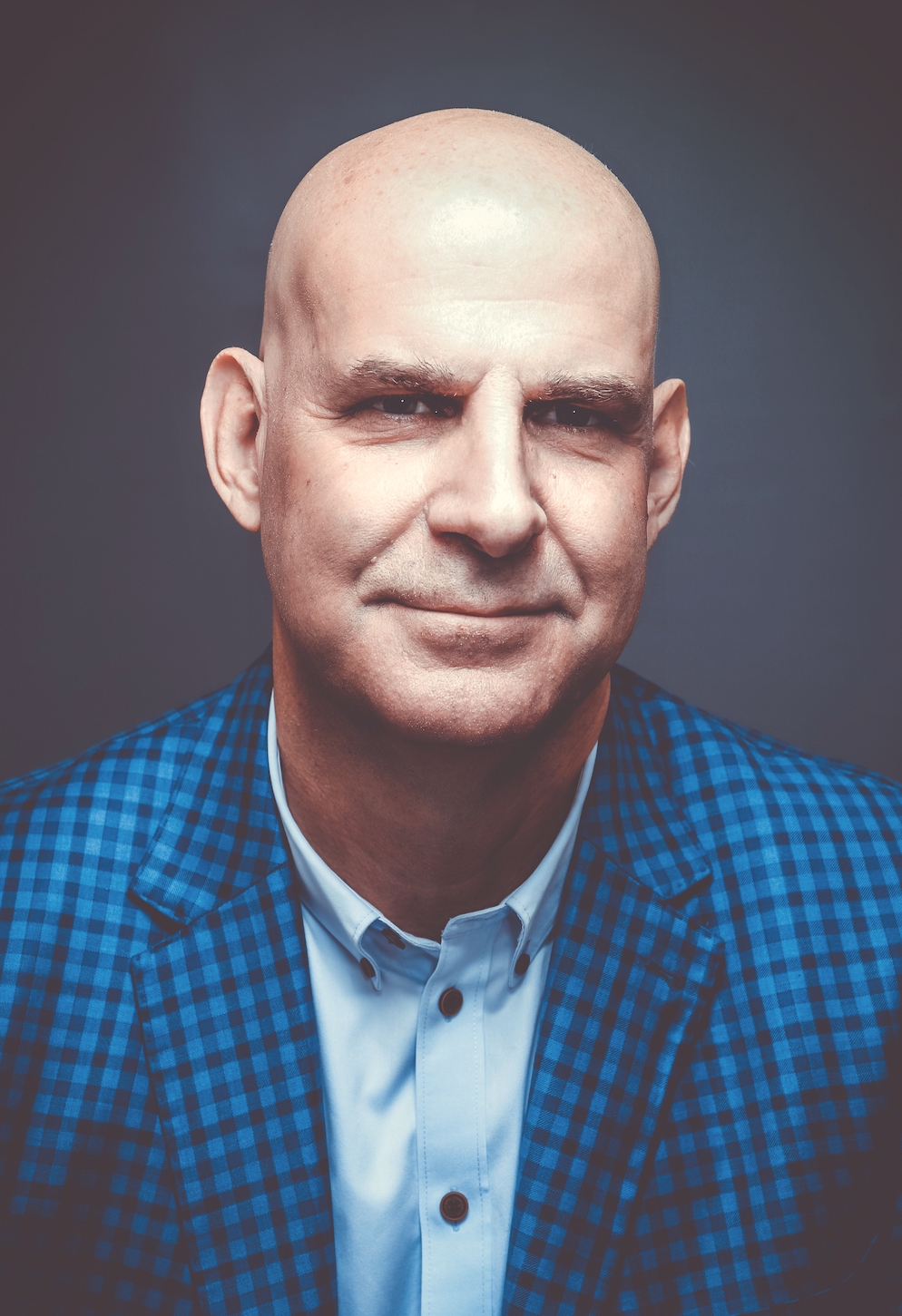Run Away
by Harlan Coben
How do you know you're reading a Harlan Coben novel? The opening sentence makes it almost impossible to put down. Here's the opener for Run Away: "Simon sat on a park bench in Central Park--in Strawberry Fields, to be precise--and felt his heart shatter."
Is Simon a victim of a crime? Has he just been shot? No. Worse. He's watching a drug-addicted vagrant singing and playing Beatles songs (badly) for tips. And the busker is his daughter, Paige.
Simon hasn't seen Paige in six months. He and his doctor wife, Ingrid, have tried everything to help their college-age daughter kick the habit, but they can't seem to rescue her from the grip that drugs have on her. After she ran away, they stopped trying. At least that's what Ingrid wanted. Simon hasn't given up on his daughter, and secretly continues to search for her.
And finds her at Strawberry Fields. Their reunion is cut short, though, as Paige's no-good boyfriend, Aaron, intervenes. Simon punches him in the face, and the video capturing it goes viral. Enter the feisty Hester Crimstein--Coben fans will recognize the lawyer from the Myron Bolitar series--who gets the charges dropped. But three months later, Simon has something much worse than a PR nightmare on his hands.
Aaron is found murdered in the apartment he shared with Paige. And she's disappeared.
Simon and Ingrid again go looking for their daughter, starting at the scene of the crime, where Paige was last seen. There, Simon and Ingrid have a devastating encounter that leaves Simon to track down Paige on his own. It doesn't help that a police detective is dogging his steps, suspecting that Paige--and maybe Simon--is complicit in Aaron's death.
Meanwhile, a man named Ash and a woman named Dee Dee are driving around, chatting about tattoos and music and the cult Dee Dee belongs to. They also kill people, for reasons unknown even to them. Ash is a professional hit man who feels the less he knows about his targets, the better. He and Dee Dee travel from city to city, murdering people with no obvious links or common attributes. The killings are staged to appear completely different--a faked suicide here, a robbery there--to prevent authorities making connections between them. But the father of one of the victims hires a tenacious private investigator who uncovers a disturbing pattern--one that puts Paige in grave danger.
Coben has repeatedly shown he's a master at pacing, cranking up tension and delivering propulsive action. Sometimes the violence in Run Away happens in a shocking flash; other times readers see it coming, filled with dread as Coben builds up to it.
Ash's killings are brutal, made more so by his nonchalance. One would think he's a psychopath, but Ash's feelings for Dee Dee seem genuine, as does his concern she's being brainwashed by the religious faction called the Shining Truth. Ash and Dee Dee debate spirituality on their way to killing people, and it's a striking juxtaposition. Lest anyone think Dee Dee has a low IQ or is easily conned, she gives clear-eyed arguments about why Shining Truth is as valid as any other religion:
"A celestial baby boy, who was his own father, was born to a married virgin. Then the baby's father--who was also him--tortured and killed him. Oh, but then he came back from the dead like a zombie, but if you eat his flesh, which is a wafer, and drink his wine blood... he will suck all the evil out of you.... My point is, maybe before you dismiss other beliefs as wacko, you should take a closer look at the stories that 'normal'... people find credible. We think all religions are crazy--except our own." Dee Dee and Ash aren't one-dimensional villains. They appear to be deep thinkers, too.
Complex characters aside, what grounds Run Away is the beating heart at its core: Simon's love for and unflagging faith in his daughter. Familial or parental love is a common theme in Coben's novels, and he finds ways to explore it from different angles. Simon and Ingrid don't agree on how to best deal with Paige, but both their viewpoints hold water: Ingrid thinks tough love is necessary and that Paige will get help only if she wants it, while Simon believes he must never stop trying to protect his child.
There are other kinds of love woven into the fabric of this novel--the private investigator's longing for her late husband, the bond between Ash and Dee Dee, the connections between various supporting characters--adding to Run Away's emotional resonance. Fans of Coben, new and old alike, should ignore the title and run toward the nearest bookstore. --Elyse Dinh-McCrillis



